11. Seven Samurai (1954) — 207 minutes
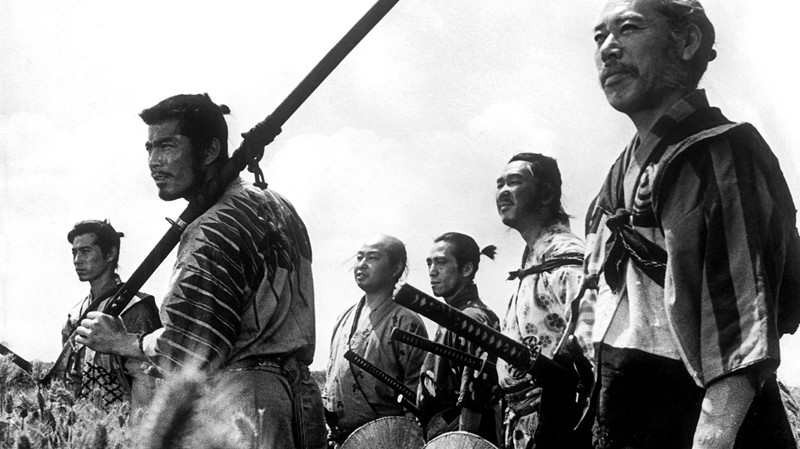
An epic in every sense, Akira Kurosawa’s landmark period piece has been pilfered from and repackaged so many times by Hollywood in the past century (“The Magnificent Seven” and “A Bug’s Life”, just to name a couple) that it might be easy to forget just how accessible, straightforward, and flat-out, top-to-bottom entertaining the original movie is.
A masterclass in juggling characterization and action thrills, the story zeroes in on a village of rice farmers who decide to hire a group of honorable samurai to help them fend off a horde of bandits that threaten to plunder their harvest. Few three-plus-hour movies have ever provided such an evergreen rewatchability value as “Seven Samurai”, a cinematic touchstone that whips by at such a clip you might feel tempted to hit the replay button as soon as the credits start rolling.
12. Das Boot (1981) — 209 minutes
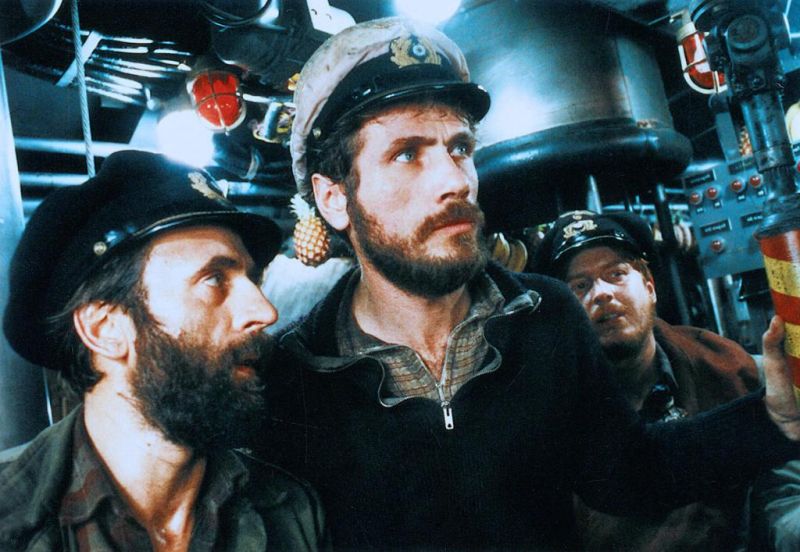
Not a movie you recommend to someone so much as one you inflict on them, Wolfgang Peterson’s Oscar-nominated novel adaptation spares the viewer no gruesome detail in its unflinching depiction of the day-to-day realities of submarine warfare aboard a German U-boat.
Almost every minute in this close-quarter pressure cooker, a masterclass in sustained tension that runs for 209 minutes or little over five hours depending on the version you get a hold of, takes place down in the darkest depths of the Atlantic Ocean, within the cramped spaces of a Nazi naval warship. What gives “Das Boot” its lasting power is precisely the kind of lived-in, you-are-there intensity that denies the viewer the ability to look away — rooting itself under your skin by making you experience every little moment of calm, suspense, and complete pandemonium the submarine crew endures.
13. The Irishman (2019) — 209 minutes
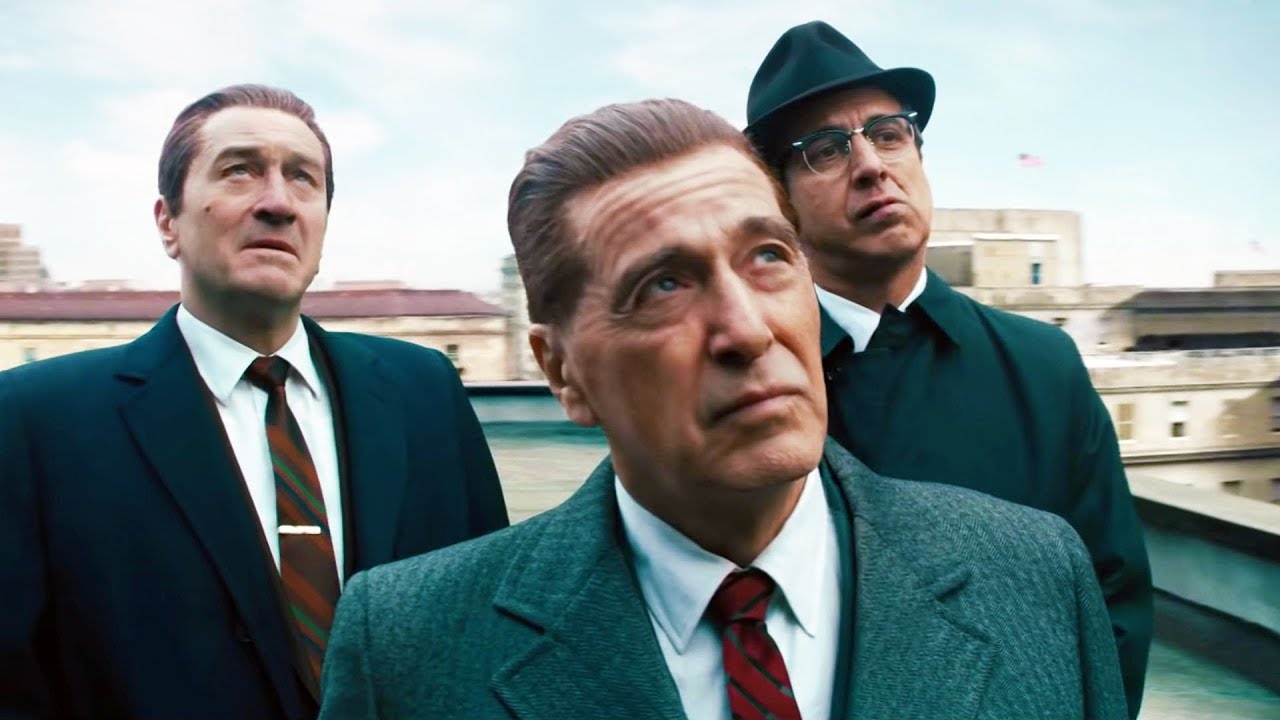
“The Wolf of Wall Street” and this year’s “Killers of the Flower Moon” were also strong contenders to make this list, but we retain a lot of residual love for Martin Scorsese’s 209-minute mob epic: a sweeping, elegiac, and initially misread look at organized crime in 1960s America based on the memoirs of retired hitman Frank Sheeran that doubles down as a quietly devastating meditation on friendship, regret, and aging.
Sure, it may not be Marty’s flashiest or most intensely rewatchable effort (both distinctions belong to “Goodfellas” for the time being), but no matter how you slice it, the fact that the Queens native managed to convince all the head honchos over at Netflix to roll the dice on his $175 million, three-and-a-half-hour passion project in our current age is worth celebrating.
14. Lawrence of Arabia (1962) — 228 minutes
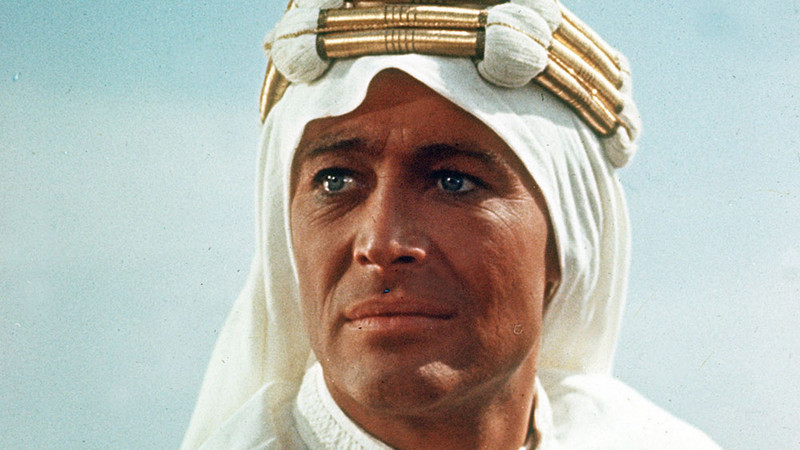
Running at over 228 minutes, David Lean’s seven-time Oscar-winner provides an authoritative account of British military officer T.E. Lawrence’s experience leading the Arab tribes in their fight against the Ottoman Empire in World War I. The last hurrah of a dying genre that overstayed its welcome and went out of fashion at the turn of the ‘60s, this sprawling historical epic delves into the many layers and contradictions of a messianic figure of big ambition and even greater hubris.
We could sing its praises by calling it a scathing indictment of Western colonialism that slyly pulls the rug out from under you to weave together a nuanced deconstruction of the hero’s journey. But in order to understand why so many modern directors point to this as the film that inspired them to pick up a camera in the first place, we suggest you look at the breathtaking widescreen compositions of the Jordan desert shot by Freddie Young in 70mm Technicolor.
15. Once Upon a Time in America (1984) — 229 minutes
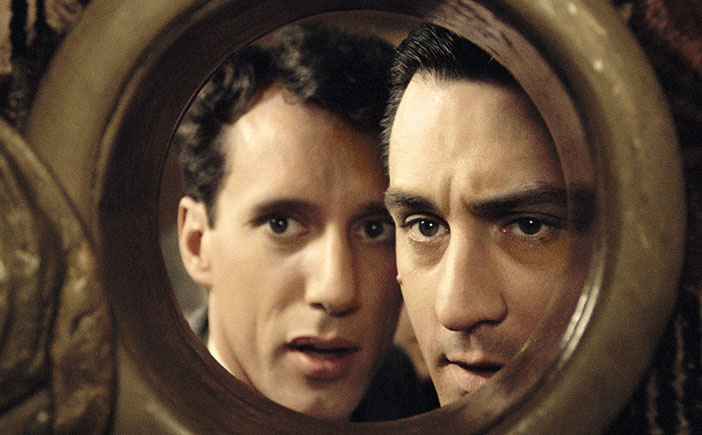
Distributors fumbled the release of Sergio Leone’s gangster epic so hard that the legendary filmmaker vowed never to work again in his lifetime upon learning that about 90 minutes of his film had been removed by the time it made it into U.S. cinemas. It wasn’t until decades after his death that the complete 229-minute cut finally saw the light of day, restoring a once-butchered labor of love into something closer to the late director’s original wishes.
This substantially longer version spans several decades from the twenties to the early sixties, tracing the rise and fall of a band of Jewish gangsters, from their Lower East Side childhood to the bootlegging criminal enterprise during the Prohibition era. At once a wistful time capsule and a tale of brotherhood carrying a sting of betrayal, this Robert De Niro-led epic may not be Leone’s finest hour, but it certainly was a memorable way for the Italian maestro to bow out.
16. A Brighter Summer Day (1991) — 237 minutes
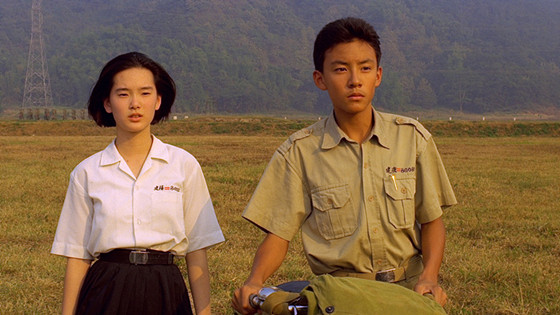
When Edward Yang left us far too early at the age of 59, not only did the film world lose one of its greatest storytellers, but also one of its most indispensable social historians. All seven of the domestic dramas the Taiwanese director made in his career are bound together by a shared preoccupation for the past and future of his homeland — a nation in the midst of constant change, increasingly torn between its Eastern roots and Western pop culture.
Structured like a sprawling Tolstoyan novel, “A Brighter Summer Day”’ drifts through 1960s Taipei dissecting the coming of age of a group of rebellious teenagers who are tragically sucked into a life of crime in an era of uncertainty and political turmoil. Its portrait of family as a microcosm of a changing society, which carefully observes the interplay between tradition and modernity especially in how it relates to the family unit, remains one of the most woefully overlooked triumphs of the 20th century.
17. Gone with the Wind (1939) — 238 minutes
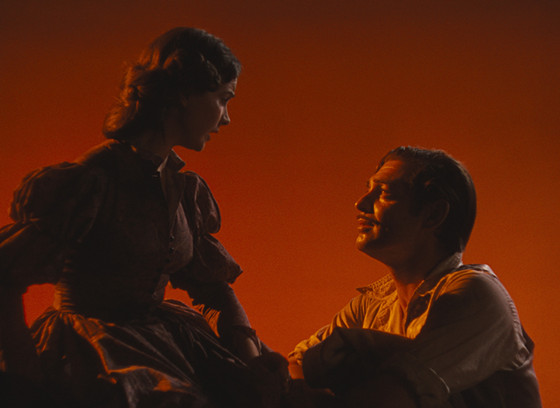
Let’s face it: Time has not been entirely kind to Hollywood’s longtime box-office champion — its rose-tinted, harmful depiction of race relations in the antebellum South unfortunately shows its age at a 84-year distance, becoming a lightning rod for contention that most recently prompted HBO to temporarily pull the film from its streaming catalog.
But as much as this hot-button controversy will forever remain an inextricable part of the film’s legacy in the public consciousness, the dynamite pairing of Vivien Leigh and Clark Gable as the strong-minded daughter of a Civil War-era plantation owner who falls fall head-over-heels in love with a charming socialité has lost none of its capacity to enthrall.
18. Napoleon (1927) — 333 minutes
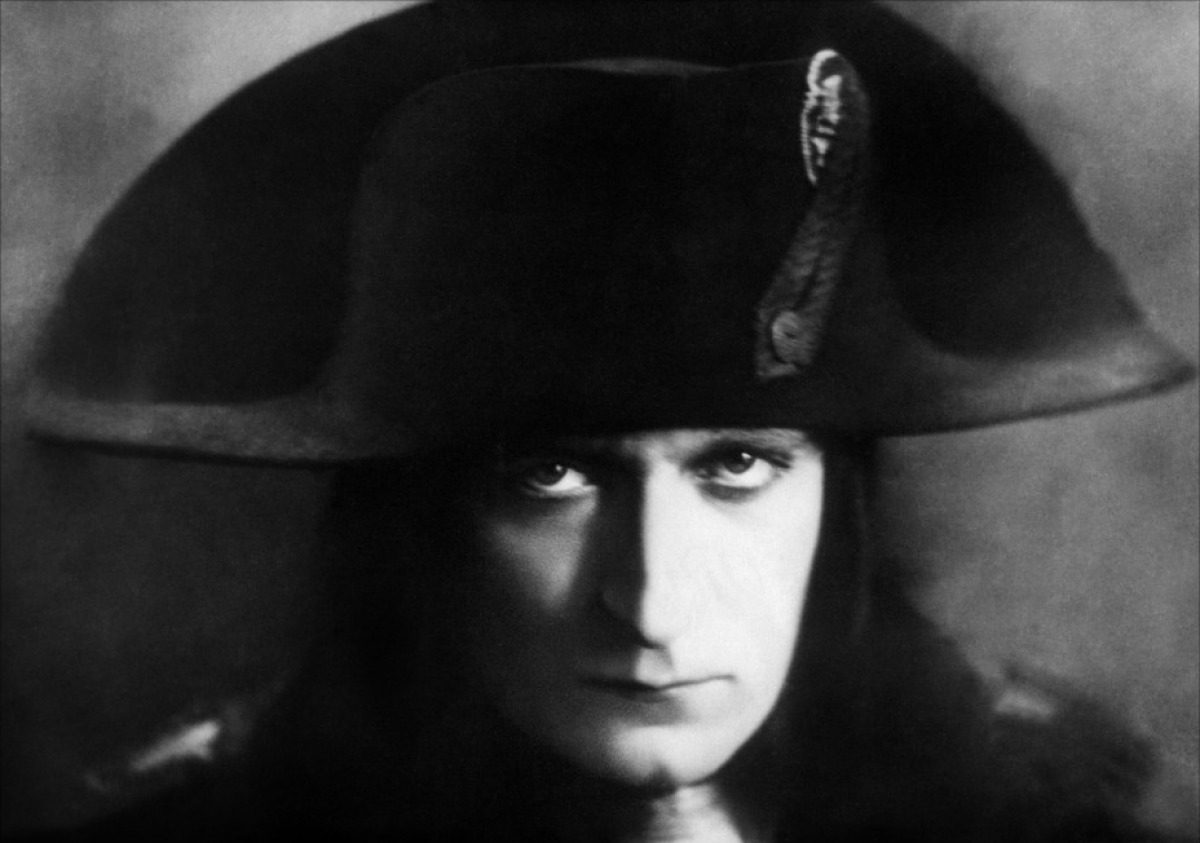
The fact that movie theaters required three full-sized synchronized screens in order to project Abel Gance’s 1927 silent film is the only thing you need to know the staggering technical ambition and mythic sweep of this five-plus-hour behemoth.
Not to be mistaken with Ridley Scott’s much-anticipated rendition of the 19th century tyrant, Gance’s near-centenarian biopic provides a novelistic account of Bonaparte’s life and times, tracing the Corsican’s meteoric rise through the ranks of the French military, from his pivotal role in the French Revolution all the way to his triumphant invasion of Italy in 1797. A movie both grand and personal, “Napoleon” remained in relative obscurity and went through different restorations before aging into a bonafide classic that still demands to be experienced in the largest format possible.
19. Satantango (1994) — 432 minutes
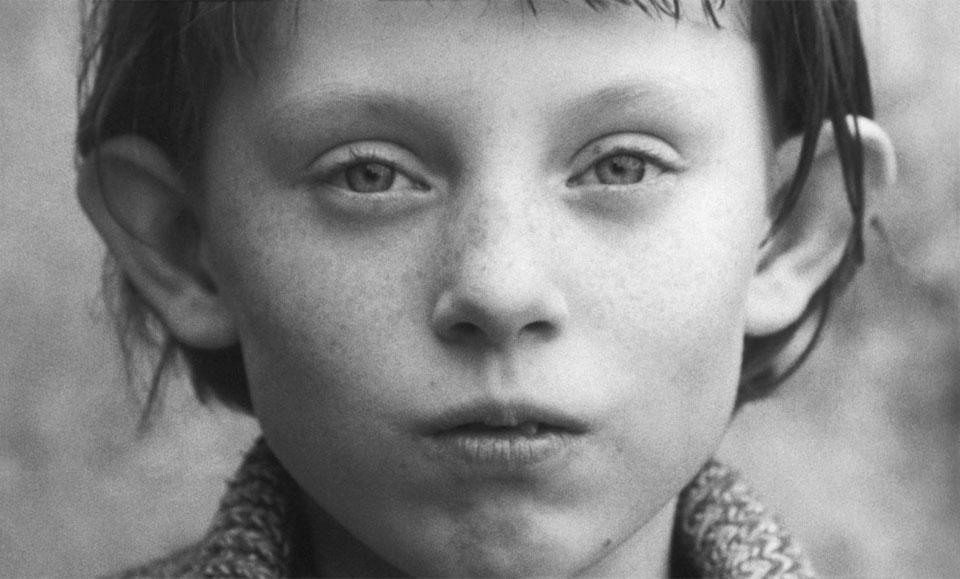
The devastating turn of events wrought by the collapse of Communism across Eastern Europe is captured at a deep, granular level in Bela Tarr’s black-hearted monolith, a bleak and deliberately paced novel adaptation that patiently observes the wrenching toll systemic oppression takes on the members of a desolate farming community in the Hungarian countryside.
With a sweeping runtime that nudges the seven-and-a-half-hour mark, “Satantango” has taken a life of its own since its initial release, slowly building an ironclad reputation as the ultimate rite of passage for a certain type of dedicated cinephile that simply can’t wait to brag about having watched it in a single sitting without any bathroom breaks. Most viewers will likely see their resolve tested throughout its sprawl, but the film’s portrait of hopeless individuals stuck in the volatile aftermath of history rewards anyone willing to invest the time and energy.
20. The Human Condition (1959-1961) — 575 minutes
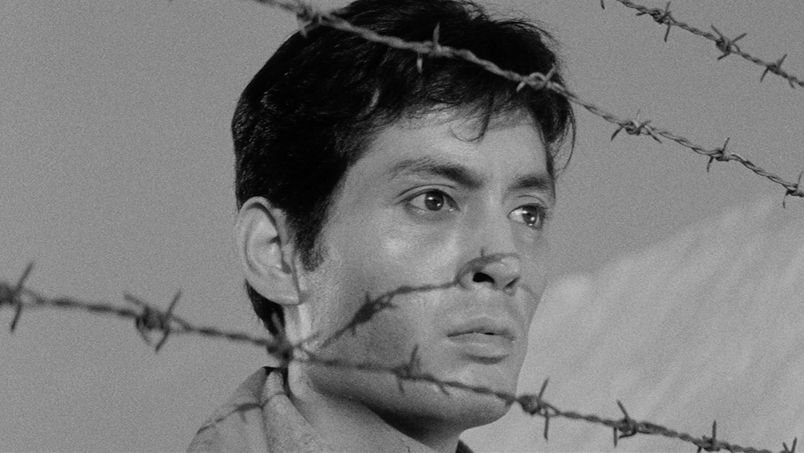
This landmark in Japanese cinema is at once one of the longest narrative films and the greatest war movie ever. Though initially split into three feature-length chunks that totaled just over nine hours in length, Masaki Kobayashi’s intimate epic was always envisioned as one, singular story that crystallizes the soul-crushing horrors of World War II.
“The Human Condition” allows us into the life of Kanji, a young Japanese idealist who struggles to reconcile his sense of morality with his obligations as a soldier while supervising a forced labor camp in occupied Manchuria. Over the course of nearly ten hours, we witness Kanji endure unspeakable hardship trying to survive in the Imperial Japanese army — thrust into battle, trapped behind enemy lines, and ultimately imprisoned in a Soviet POW camp. Though not for the faint of heart, more than 60 years on, this piercing tale of resilience, compassion and the human spirit still ranks among cinema’s most heartbreaking depictions of war.